Bespoken Word – You are the future of the bike industry
Winter is already here for the bike industry. Guy Kesteven asks how can you help the shops and small businesses you like survive?
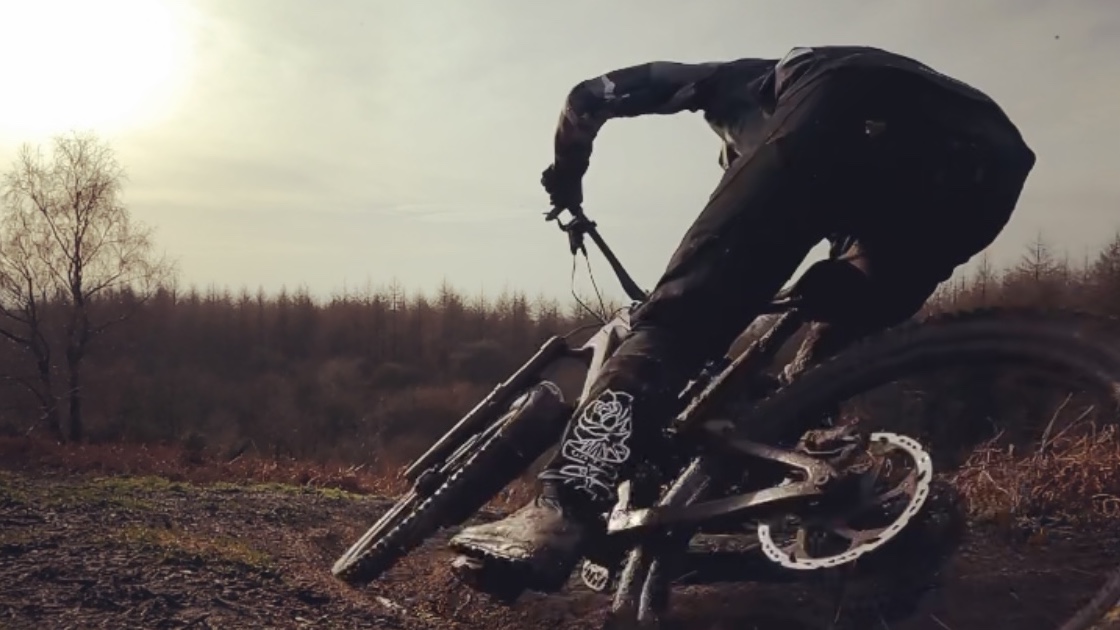
It’s fair to say that my piece on the state of the bike industry last week got people talking and nodding in agreement everywhere from normal riders to big brand execs. But while no-one from the biggest names downwards is safe in the current ‘yard sale’ climate, the small, local, independent traders are probably the ones who’s survival is most impactful on our immediate riding lives. So what can we do as individuals to help our favorite bike folks through what’s likely to be an even darker winter than ever?
Price check throat punch
It goes without saying that buying stuff from these guys is the best way to make sure they’re still there next year. I’m not talking about just rummaging through the bargain bin, I’m talking buying gear at a price they can still make a working profit on. And frankly, if you’re one of those people who talks to shop staff for the best part of an hour getting expert advice and being sized onto the right bike and then pulls out a price comparison app, then a punch to the throat seems entirely reasonable. Because not only are you totally devaluing the passion-based experience of staff who could have been doing something far more useful – like digging a shallow grave for you out back. But also that ‘listing’ is probably for a bike that’s not even stock except in XXS or will miraculously leap upwards in cost or reveal a distant delivery date the second you press ‘buy’.
But as angry as this clearly makes me, I’m just looking in from the outside of the reality of being a small independent retailer right now. So to get the real picture, I called up a few local bike businesses to see what their reality was...
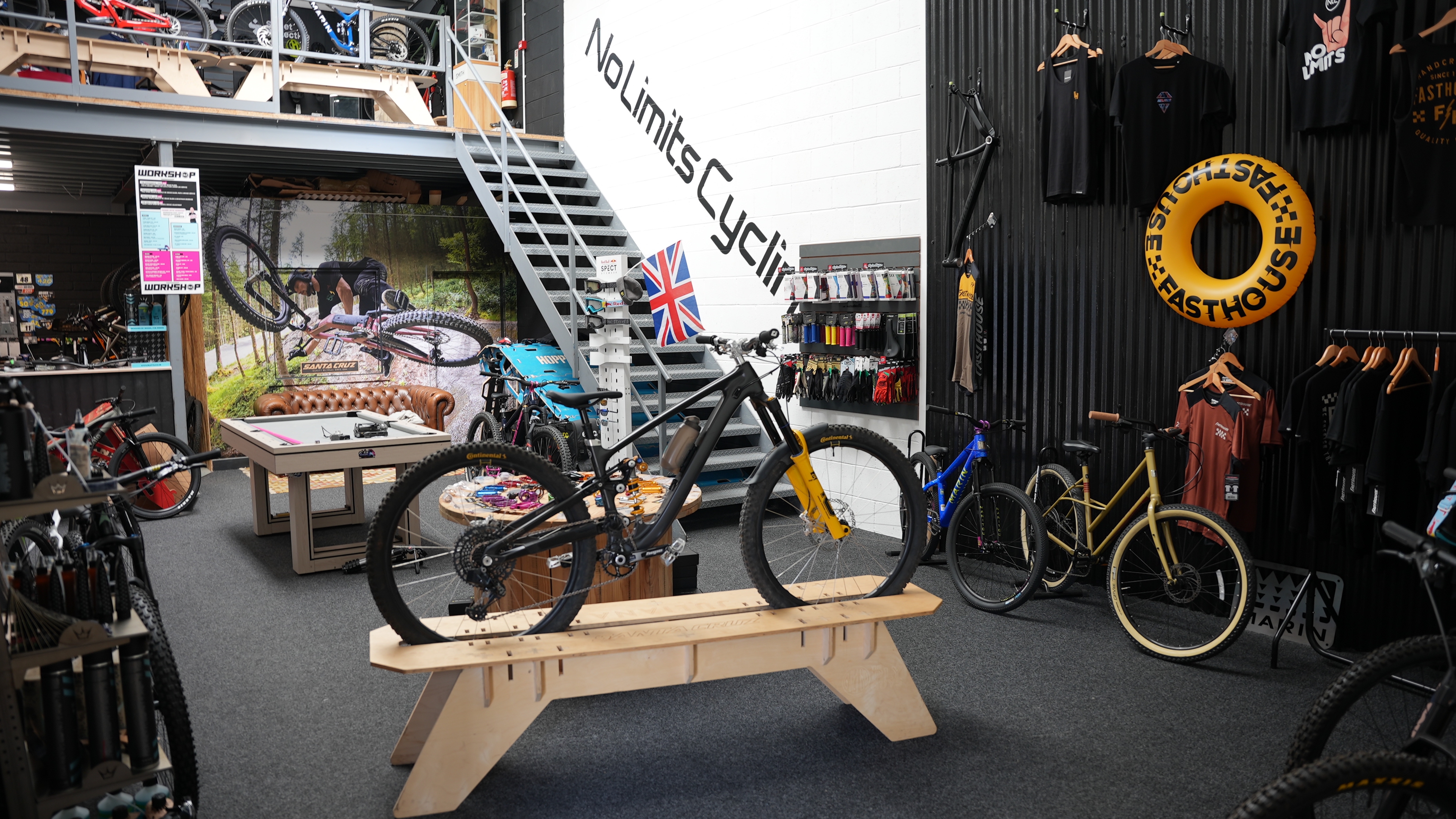
Ben Lawson, No Limits Cycling, Malton
Ben started out small and moved to bigger premises last year. He’s super proactive in terms of social media content, he hosts regular shop parties and rides, stocks sick brands, has a pool table and jump ramp as the centrepieces to his shop. In other words, he seems to be doing everything right but that doesn’t seem enough right now.
Ben told me. “The bike industry is f******d. It's been a very strange and scary year for the industry this year, a lot of uncertainty and stress on when the next customer is going to walk through the door. The craziness of the world being flooded with stock has led retailers and suppliers to be discounting the hell out of products to the point shops are having to lose money just to try to be half as competitive. This is leading to lots of decent small independent shops having to close their doors because they simply can't feed their family and pay the bills. We are going into a very rocky winter and this is the time that we your local bike shops need you the most.. Otherwise this time next year, your LBS [local bike shop] may be no longer. Get into your LBS, have some banter, grab a coffee, get your bikes fixed and enjoy spending time in the place we call home!"
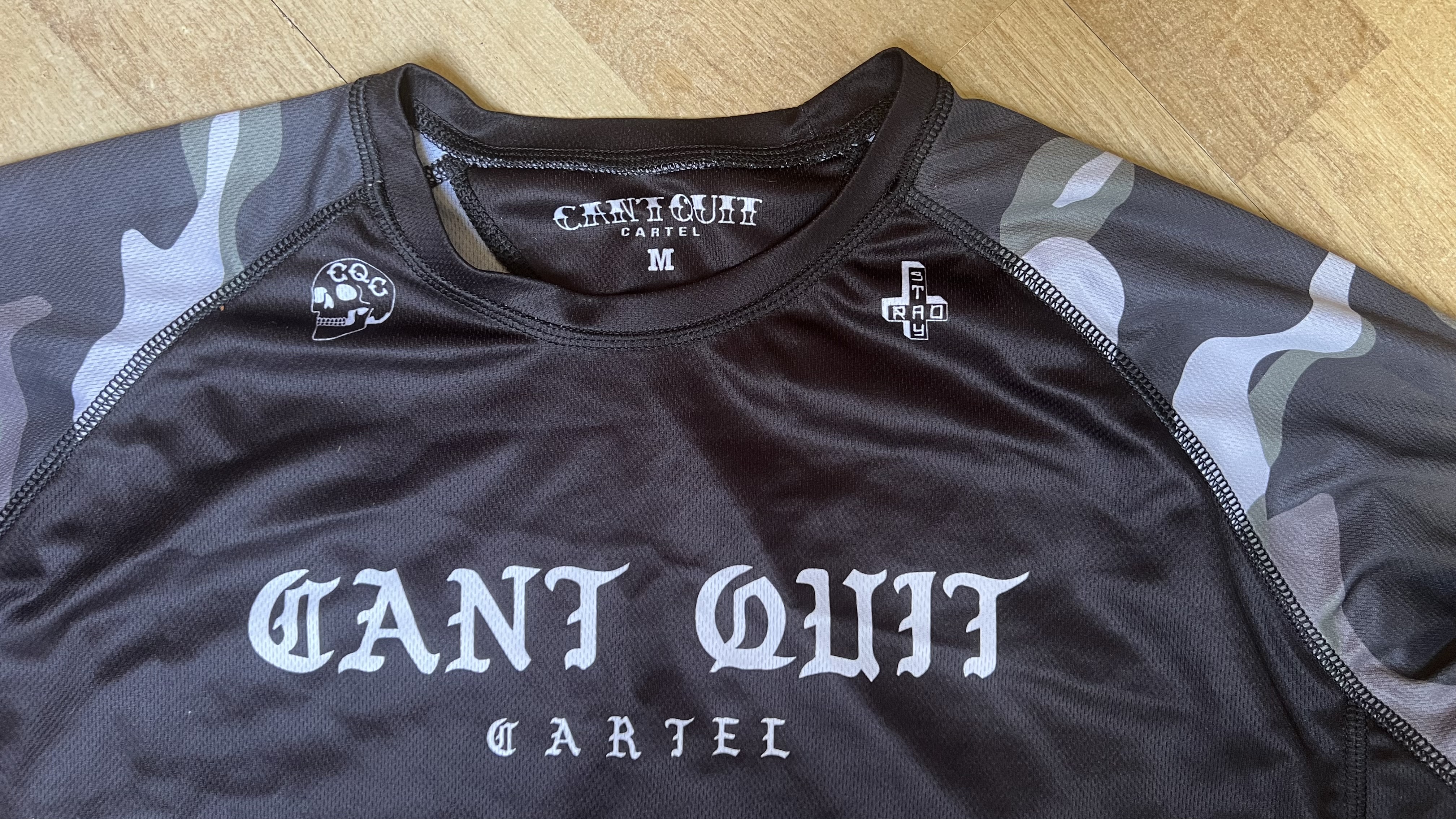
Steve Aitchison, Can’t Quit Cartel
Steve started his independent bike clothing label, Can’t Quit Cartel, after a mountain bike accident put him in a wheelchair. His designs are awesome and he’s got a deservedly great following, but he got sick of hauling his wares around shows just to have people haggle on price. He now mostly just does limited edition runs that sell out in minutes but making a sustainable, life providing business from that is super hard.
Anyone can go on Alibaba.com and get stuff made from a questionable vendor overseas
Steve Aitchison
Steve described some of the issues he faces, “Telling people is the main thing. If you like something, let people know what it is and why you like it. I’ve found that I sell as much gear to women as I do to men without doing specific gender designs or skews. That’s because women always chat about their kit, comment on fit and ask for recommendations. Maybe that’s because women struggle to find a good fit, but equally most blokes just don’t talk about stuff like that. They just go online and find the cheapest thing and when that’s a full kit bundle of three items for £99, I can’t compete on price. That’s because anyone can go on Alibaba.com and get stuff made from a questionable vendor overseas, then switch it into a paper bag for the last bit of the process and pretend it’s all eco and lovely. However, good companies will actually care about where stuff is made, by who, in what conditions, what the materials are, how they’re shipped and how long they’ll last for the customer. So look at the whole picture and be diligent about what brands you choose, don’t just look at the price and the discount.”
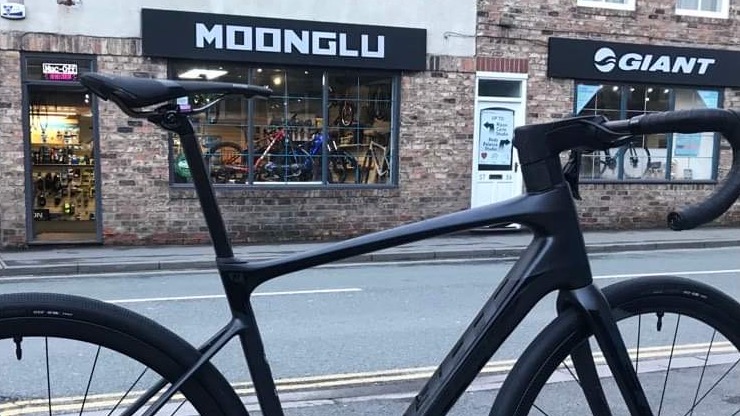
Neil Dunkley, Moonglu, Ripon
Neil from Moonglu has an incredible reputation for his handbuilt wheels, ride saving repairs and the strong local cycling community he’s grown from the shop. He was wise enough to play things super safe through Covid too, but he’s still looking at a bleak winter ahead.
Neil talks me through things, “After 20 years in the bike trade we thought we’d seen everything, then Covid happened and threw an almighty curveball, not only at the world but also my world. We went from closed indefinitely to open and dealing with a stampede overnight. Fast forward three years and we’ve been through the biggest boom we’ve experienced and the bike trade is heading towards potentially the biggest bust in recent history. Oversupply and the inevitable fall off in demand has already caused volatility in the market with the loss of a number of major UK distributors. With the fall off in demand affecting sales throughout the year and winter coming, the perfect storm is already there for a difficult time for shops.
"We’re not isolated from these factors , situated in a small city with footfall that has never returned to pre-pandemic levels, it could be a long winter. We are lucky to have a strong customer base built up over many years, but without wanting to drag out the old cliché, now more than ever is the time to buy local and support your local bike shop.”
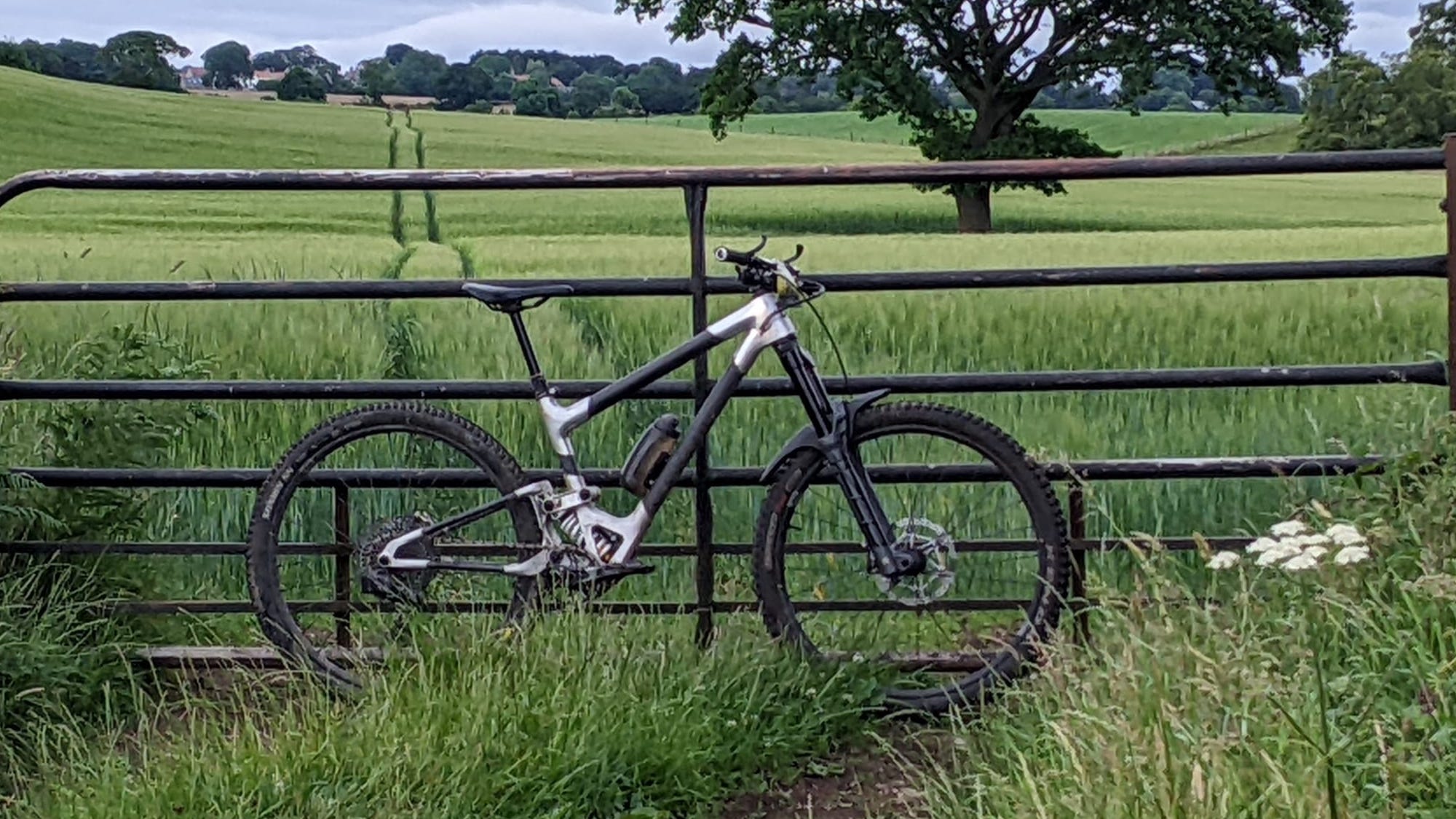
Gary Ewing, Inspiral Cycles, County Durham
Gary’s shop in Bishop Auckland and it’s currently the current BikeBiz independent bike retailer of the year. The shop is the heart of a super strong riding community near Hamsterley Forest and he’s also developing his own radical bike designs under the Auckland Cycleworks name.
Gary told me, “I started out with nothing and I’ve still got most of it left. There’s lots of factors at play. Cost of living, aftermath-of-Covid, Brexit. High street businesses and local bike shops are struggling. You mentioned greed in your article and it’s really at the heart of it.
"One of my favorite rants (I have many) is Amazon. Their business model is really predatory, they encourage businesses to join and list their wares on the Amazon platform, and then if a product sells in sufficiently high volume or is profitable enough they’ll move in and start selling it for themselves. Because they’re such a big employer they get big tax breaks. But for every £ that they earn, they employ less people, they deliver less social good, and they pay less tax.
One of my favorite rants is Amazon. Their business model is really predatory
Gary Ewing
"Of course the internet is amazing, but it’s fueling behavioral change that is a bigger risk than any of those listed above. We’ve noticed that it’s becoming harder than ever to get new customers to walk through our door and say hello. We’ve got a massive depth of knowledge in our staff that can only come from the practical experience you get from fixing lots of different bikes. We’re all proper adults that can listen and understand to what a customer is looking for, and we’re also happier to fix something rather than fit a new part (because this both costs the customer less and earns us more profit and generates less waste). Yet so many people don’t seem to trust us anymore, they’d rather listen to someone online and then buy a thing online because it’s convenient. Often more convenient than the truth about what they really need!
"You might not need a bike shop, and not every bike shop is as good as us (did I mention that we’re the current BikeBiz independent bike retailer of the year?) but we’re finding it increasingly difficult to reach those cyclists that do need a bike shop. Internet forums can be useful, but are also bewildering and toxic places that often slag off LBSs for being rip-offs that give bad advice. I can see why that happens, but on the whole running an LBS is really hard. We get slim profit margins, which (in the face of internet price competition) get even smaller, so we can’t afford to pay good wages. This makes rewarding talented staff problematic and it’s easy to see how the smaller businesses that focus on the best customer experience and the best knowledge are gradually getting squeezed out by larger companies that slowly become more and more Amazon-like with each passing year.
"So, to the sound of a million tiny violins, what can be done? Well it would be awesome if the government could start to tax Amazon (and other online-only operations) and give tax breaks to businesses that demonstrate a commitment to their local communities. I’m only really learning now (at 47 years old) how much power there is in the knowledge shared in communities, and that face to face conversations are often the best way to get it. It’s a shame that our world is in general heading in the wrong direction.
"We’re online too, but we can’t afford to pay a team of people to maintain things every day. So I quite often hear, 'I looked on your website, the product I wanted wasn’t there, so I bought it online'. Then they ask, ‘can you fit it for me?’ and find out it’s the wrong one for their bike or them. One single purchase of something that isn’t right can cost you far more than you’d save from years of buying online, and that’s just one of the benefits that supporting a good local brings."
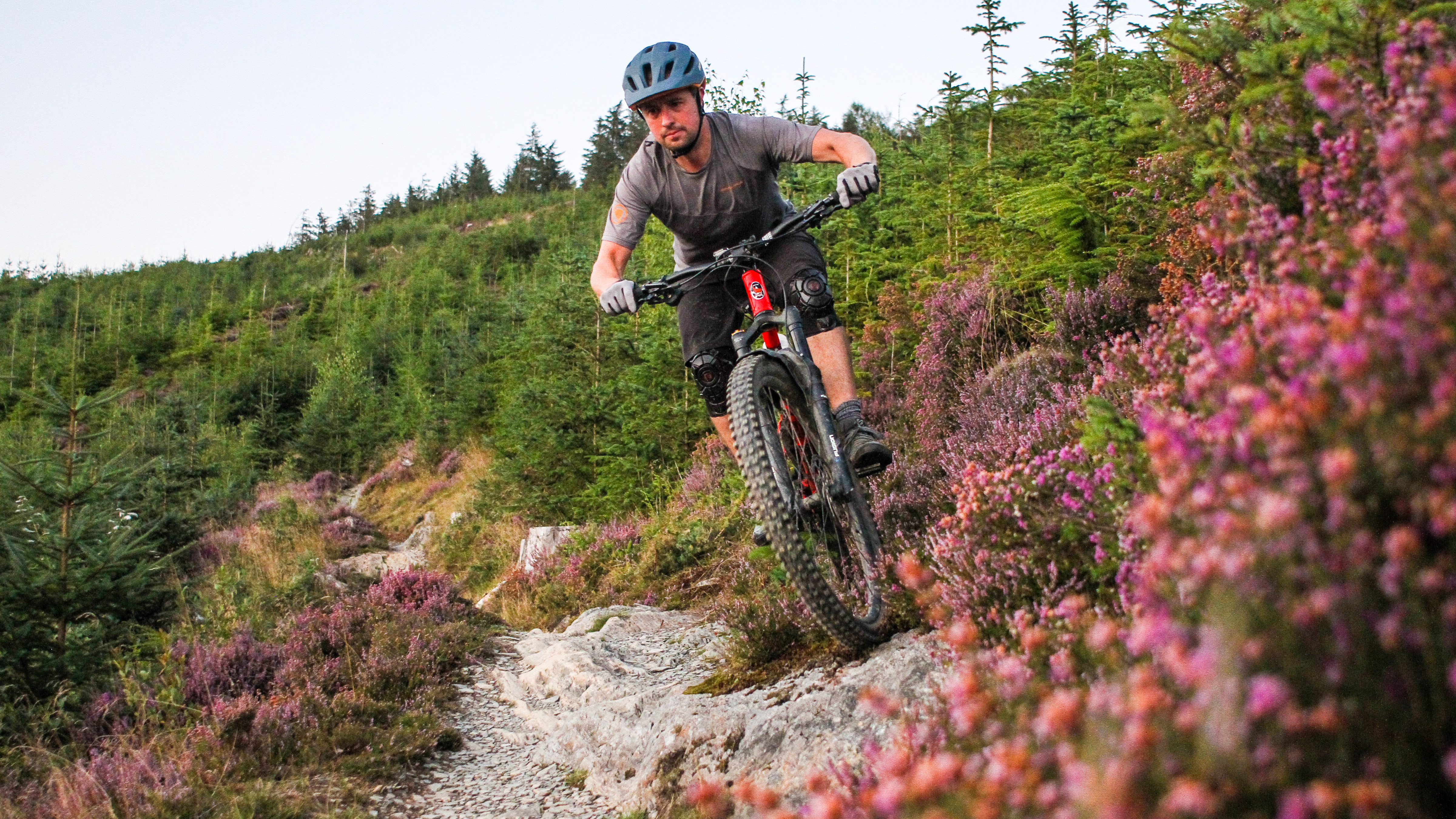
What you can do for free
But even if the cost of living crisis is biting you as hard as it is the bike shops, and you can’t afford to buy anything, there’s plenty of stuff you can do to help your favorite businesses that doesn’t cost more than a bit of your time. Back to Steve at Can’t Quit Cartel.
“It’s great to have our products on social media but make sure you engage as well. The algorithm is a total sh*t show now, everything has stagnated but interacting with posts can break the lock and get stuff moving again. It’s horrible to ask customers to do the whole like/follow/share thing but it genuinely really matters.
"If you like something, tell your mates, share it on social media – as much as I hate the word – be an ambassador. Help create a community and buzz around brands if you want them to survive. Again, women are way better at that, we’ve even got a riding group that started when we put a rider who wanted to try some pants before buying them with a customer who was local. I love that part of how products can unite people. Oh and even if it comes in a cool bag, don’t just take a picture of the bag, show the product as well please!”
So that’s what we can do as consumers to help local bike shops and small businesses survive, but what are they doing themselves? The answer seems to be diversification, and I’ll be diving into that in a separate feature soon.
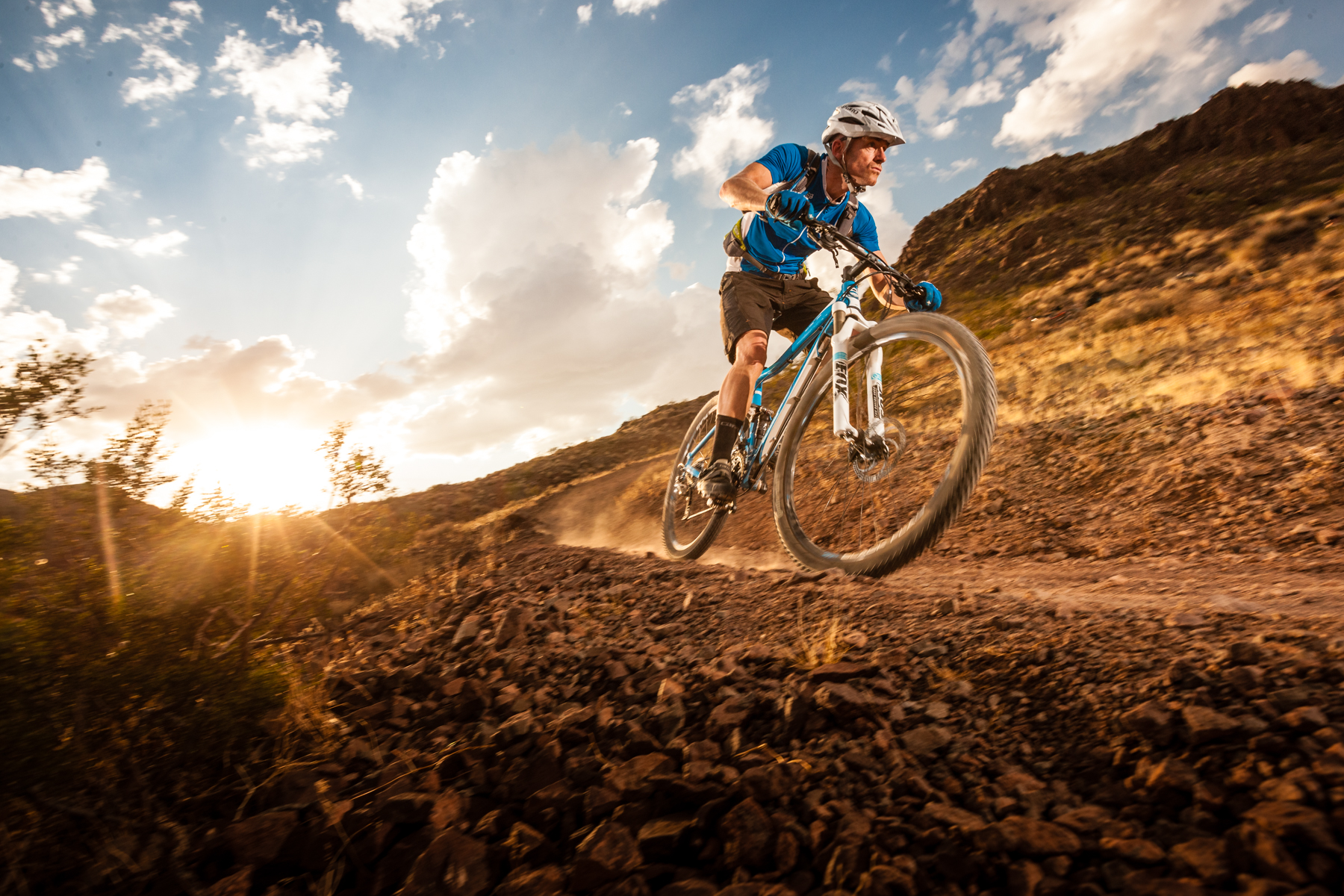
Guy Kesteven has been working on Bike Perfect since its launch in 2019. He started writing and testing for bike mags in 1996. Since then he’s written several million words about several thousand test bikes and a ridiculous amount of riding gear. He’s also penned a handful of bike-related books and he reviews MTBs over on YouTube.
Current rides: Cervelo ZFS-5, Specialized Chisel, custom Nicolai enduro tandem, Landescape/Swallow custom gravel tandem
Height: 180cm
Weight: 69kg
